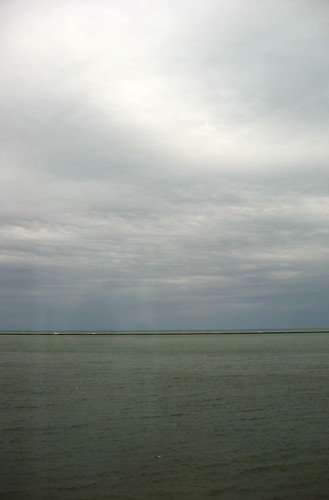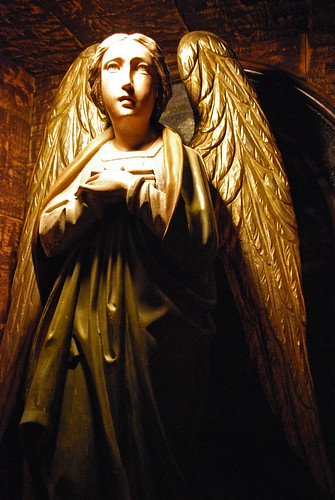I'm fresh off Fiona MacCarthy's excellent biography of the poet, which succeeds at the not simple task of making us see, at least to some extent, Byron's appeal, while never denying the ways in which he could be high-handed, unthinking, and cruel. She also helps us imagine his fame--which, rooted in a combination of class, scandal, a sense of generational change, and propelled by an epic poem published at the right moment, can be hard to grasp. Obviously no poets are parallel figures today--perhaps a particularly flamboyant film star? A Jude Law who also was the author of Infinite Jest? Yet however much we push ourselves to imagine a different era, when we open Childe Harold to its first lines we are instantly reminded of how vast is the gulf between then and now:
Oh, thou, in Hellas deemed of heavenly birth,That's the poem that was such a sensation as to catapult its creator to stardom overnight. The later work Don Juan, at least, does open more promisingly--it's hard to top Byron's first lines there:
Muse, formed or fabled at the minstrel's will!
Since shamed full oft by later lyres on earth,
Mine dares not call thee from thy sacred hill:
Yet there I've wandered by thy vaunted rill;
Yes! sighed o'er Delphi's long-deserted shrine
Where, save that feeble fountain, all is still;
Nor mote my shell awake the weary Nine
To grace so plain a tale—this lowly lay of mine.
I want a hero, an uncommon want,But even it quickly descends into unpromising territory, its second and third stanzas dense with names of figures of contemporary fame. (To be fair, it does get much livelier.)
When every year and month sends forth a new one,
Till after cloying the gazettes with cant,
The age discovers he is not the true one.
One reads about Byron today, however, not so much for himself--for the balance between his charm and his self-obsession is ever precarious, even in his truly wonderful letters and journals)--as for his place in his circle and his cultural moment, and for the way that everyone around him weighed in at some point. Mary Shelley's take is above; here's Claire Clairmont, writing a bitterly creative mock obituary:
He dead extended on his bed, covered all but his breast, which many wigged doctors are cutting open to find out (as one may be saying) what was the extraordinary disease of which this great man died--His heart laid bare, they find an immense capital I carved on its surface, and which had begun to pierce the breast--They are all astonishment. One says, "A new disease." Another: "I never had a case of this kind before." A third "what medicines would have been proper" the fourth holding up his finger "A desert island."Then there's Byron's own takes on his contemporaries. Keats's poetry was "a Bedlam vision produced by raw pork and onions"; after Wordsworth published Poems, in Two Volumes, he wrote, "I reviewed Wordsworth's trash of the time." And there's his incessant baiting of Southey. This comes rom a letter to James Hogg: "Southey should have been a parish-clerk, and Wordsworth a man-midwife--both in darkness. I doubt if either of them ever got drunk, and I am of the old creed of Homer the wine-bibber." Then there was the very public assault in Don Juan:
Thou shalt believe in Milton, Dryden, Pope;Though I think we have to note that "mouthey" is little but a lazy answer to a thorny problem of rhyme, the charge of quaintness at least seems fair.
Thou shalt not set up Wordsworth, Coleridge, Southey;
Because the first is crazed beyond all hope,
The second drunk, the third so quaint and mouthey.
Now that I've finished MacCarthy's biography, and seen poor Byron safely dead in Missolonghi, I'm left with two outcomes: first, a desire, which I will probably act on this month, to read Don Juan for the first time in nearly twenty years, and, second, the list below, which I am beginning to think may be my greatest contribution to literary culture:
Mary Shelley: KangaMy Twitter friend Hannah Hedgehog and my actual friend Caleb Crain both astutely noted that William Hazlitt can serve as Eeyore, at which point our Romantic Hundred Acre Wood is fully populated. As Anthony Powell wrote of some of the more scabrously satirical verses of Don Juan, "It surely must be admitted that this is the right sort of stuff."
Percy: Rabbit
Wordsworth: Owl
Keats: Piglet
Byron: Tigger
Charles Lamb: Pooh

